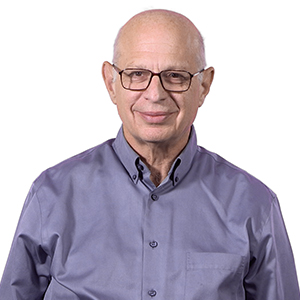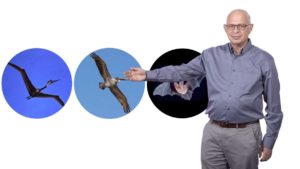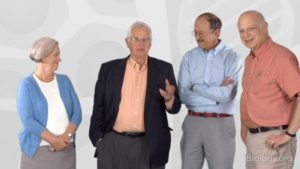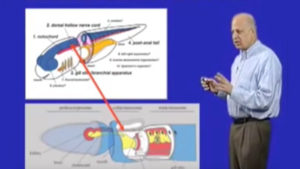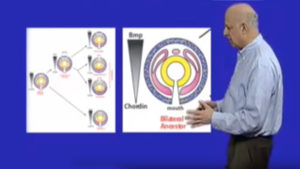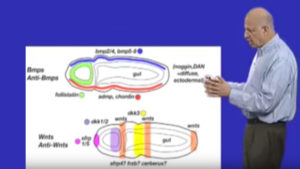In 1993, Dr. Marc Kirschner joined Harvard University where he became the founding chair of the Department of Cell Biology. In 2003, he moved to Harvard Medical School to found the Department of Systems Biology. Research in Kirschner’s lab focuses on problems that require the coordination of biological events in time and space. His lab has made significant contributions in embryology, cell cycle regulation and cellular organization.
Kirschner was an undergraduate student at Northwestern University and received his PhD from the University of California, Berkeley. After a brief stint as a post-doc at Berkeley and the University of Oxford, Kirschner joined the faculty at Princeton University. He later moved to the University of California, San Francisco where he was a professor for 15 years before moving to Harvard.
Kirschner is a member of the National Academy of Sciences and the American Academy of Arts and Sciences. He is also an elected foreign member of both the Royal Society and the Academia Europaea. In 2003, Kirschner was awarded the E.B. Wilson Medal, the highest honor of the American Society for Cell Biology. Kirschner is the co-author, with John Gerhart, of two popular books Cells, Embryos and Evolution and The Plausibility of Life: Resolving Darwin’s Dilemma. Learn more about Kirschner’s research here.
